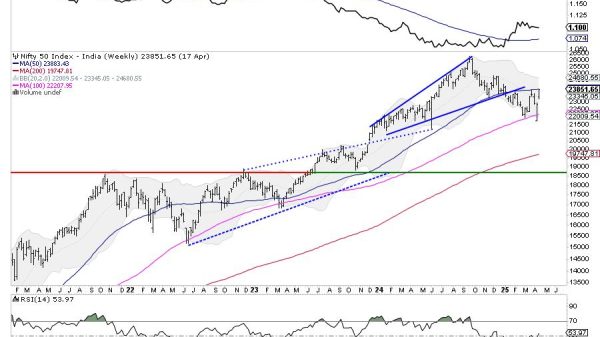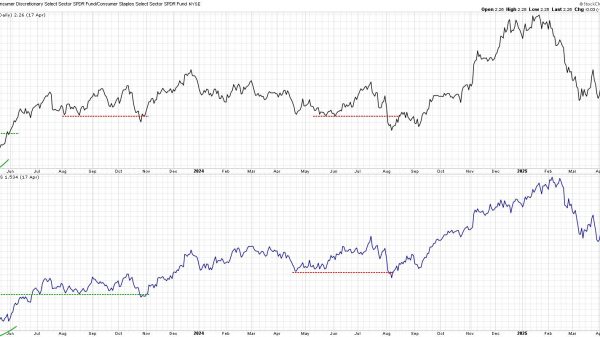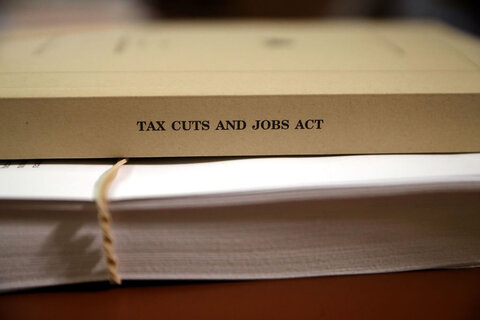In September 2024, the Biden administration implemented a 100 percent tariff on Chinese electric vehicles (EVs), citing concerns over China’s subsidies of its EV industry. These subsidies, the administration claimed, allowed Chinese manufacturers to sell vehicles at artificially low prices, putting US automakers at a disadvantage.
This example illustrates a common justification for tariffs: that other countries engage in “unfair” trade practices, such as subsidizing their manufacturing firms. This claim is likely overstated; in many cases the costs of production are lower in poorer countries because labor costs are lower, even adjusting for skill levels.
But some countries do subsidize particular industries, which allows them to sell at lower prices relative to US producers. India provides favorable loans and tax breaks to its sugar industry, while the EU’s Common Agricultural Policy offers direct payments and market interventions to its farmers.
Is that a good reason for the US to impose tariffs on these countries?
No. Subsidies for particular industries harm the countries that adopt them by distorting the allocation of productive activity and forcing residents to pay higher taxes. But such policies benefit the United States overall: while some workers see less demand for their services, the US purchasers of the subsidized products face lower prices, and this stimulates demand, allowing for job creation instead of loss.
Historical evidence supports this: in the five years following the passage of NAFTA, which eliminated most tariffs and trade barriers between the United States, Mexico, and Canada, the unemployment rate fell to below 4 percent while the number of manufacturing jobs increased by half a million. Likewise, estimates from the International Trade Commission and the Peterson Institute suggest a modest positive impact on the labor market and the economy more broadly from the agreement.
If other countries want to “throw money out the window,” the US should stand under that window.
This article appeared on Substack on January 31, 2025. Jonah Karafiol, a student at Harvard College, co-wrote this post.















